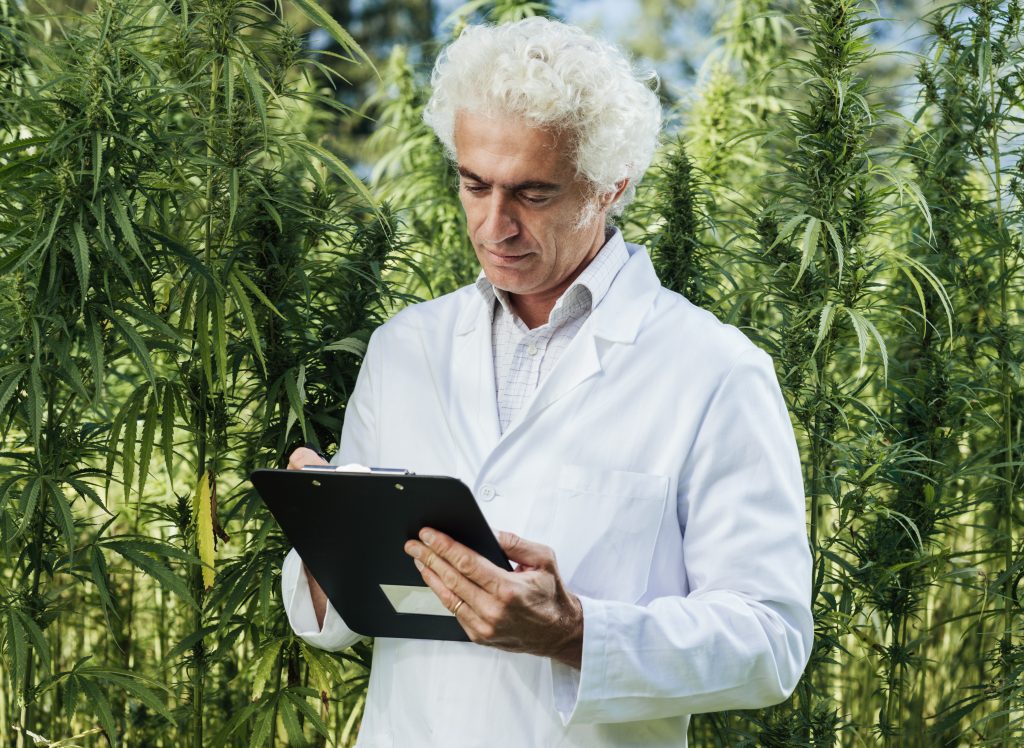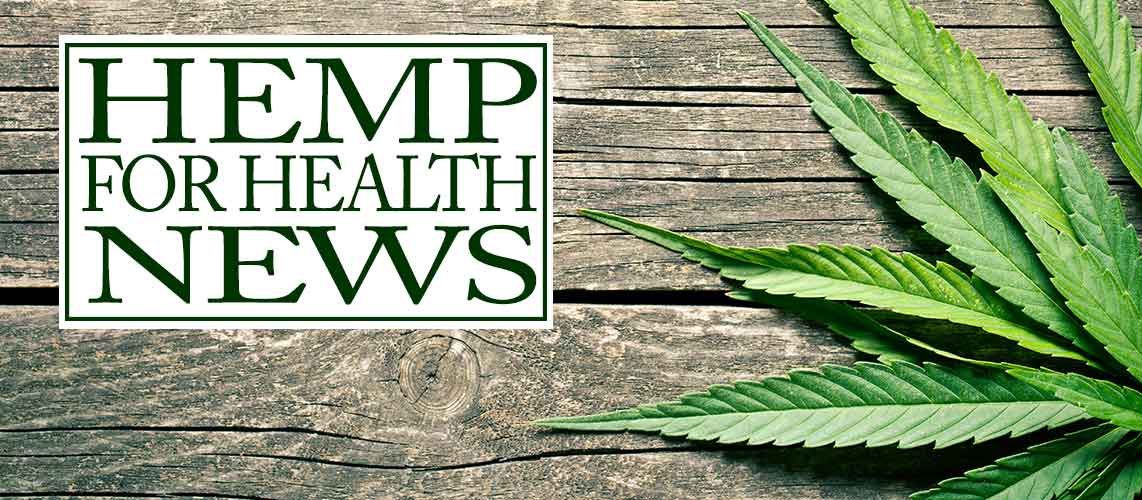Is CBD Oil Safe?

If you’re considering purchasing CBD Oil you need to be safe.
Safe means finding an honest CBD company that does testing of their CBD products.
If you haven’t heard why it’s so important to have hemp products tested, here’s the reason:
Hemp has the ability to pull heavy metals from the soil and actually make the soil cleaner than before it grew there! Plants that do this are called remediation crops and other plants also clean the soil. The plant Jatropha curcas is very good at pulling copper from the soil.
But when companies are making hemp extracts, they want to make sure the hemp plant has not accumulated dangerous levels of these heavy metals.
This is why testing of CBD Oil products is so important. Make sure you purchase from a company that shows their test reports for your actual product on their website.
So, you’ve found a test result, or what they call in the manufacturing business a Certificate of Analysis (or CoA). How do you make sense of all the numbers?
This can be difficult because there is not a graphic standard that all CoA follow like the FDA supplement label. This means the numbers on one CoA might be in a different place on the page than another CoA. But here are a few things to look for when looking at a CBD companies CoA.
What product is the CoA actually for?
 Just because a company shows you a CoA doesn’t mean it’s the CoA for the product that you will receive. Check to make sure the CBD company you purchase from has a way to track each CoA to a specific product in their inventory. This means each product you purchase must have a “batch code” or some other identifier that will track your product back to a specific test. If products don’t have a code you can track back to a specific CoA avoid them. It’s the best way to make sure is cbd oil safe.
Just because a company shows you a CoA doesn’t mean it’s the CoA for the product that you will receive. Check to make sure the CBD company you purchase from has a way to track each CoA to a specific product in their inventory. This means each product you purchase must have a “batch code” or some other identifier that will track your product back to a specific test. If products don’t have a code you can track back to a specific CoA avoid them. It’s the best way to make sure is cbd oil safe.
What does the CoA actually test for?
Because CoA are not standardized, there are no requirements of what companies must test for. Here is what you want to make sure your CBD Oil company tests for:
Potency
Residual Solvents
Yeasts, Coliforms, and Molds
Heavy Metals
Let’s take a look at what each of these test areas means and how to evaluate them.
Potency
Potency tells you how much CBD you are actually getting for your money. You want to make sure the test says the product contains the same amount of CBD that the product label says. Here’s an example of a potency section of a CBD company CoA:

You can see this shows the amount of CBD and other cannabinoids that the product contains. There is a clear “Pass Value” and an indication if the test parameter was a pass or a fail.
If you have questions about a CBD company’s CoA just give them a call. They should be able to answer any questions you have about the CoA. It’s important. A CBD company you can trust will be available to answer these questions.
Residual Solvents
Every hemp extract is made with a solvent. These solvents vary from food grade Ethanol (the same you would find in a red wine) to more harsh solvents like butane or even high-pressure carbon dioxide extractions done at extreme temperatures.
There are two concerns with residual solvents; what solvent is used and how much of that solvent is left in the finished product.
Which solvent used is a matter of personal preference. Ethanol extractions tend to be a “gentler” extraction method that produces a whole plant extraction. Other solvents are sometimes thought to be “cleaner” as they extract less of the “whole plant” and bring just the CBD.
Whichever solvent you decide, make sure the amount left in the extracted hemp is a safe amount. This is usually shown in a ppm or parts per million. Don’t worry about very small amounts of residual solvents as long as they are below acceptable levels.
Yeasts, Coliforms, and Molds
These are bad to have in hemp extract. Make sure there are none in your CBD oil.
Heavy Metals
We’ve learned how hemp can pull heavy metals from the soil. This is good for remediating contaminated soil, but not good for your CBD oil!
Make sure the CoA for your hemp product has tested for and is free from dangerous levels of unwanted heavy metals.
And that’s it! Now you know how to read a CBD oil certificate of analysis.
Any questions? Leave them below in the comments, we try to respond to everyone.

This is a really technical look at what is needed to get quality CBD oil. Appreciate the information.
Are you a chemist? This is a very detailed explanation.
No! Not a chemist, but we did consult with one to write this article.